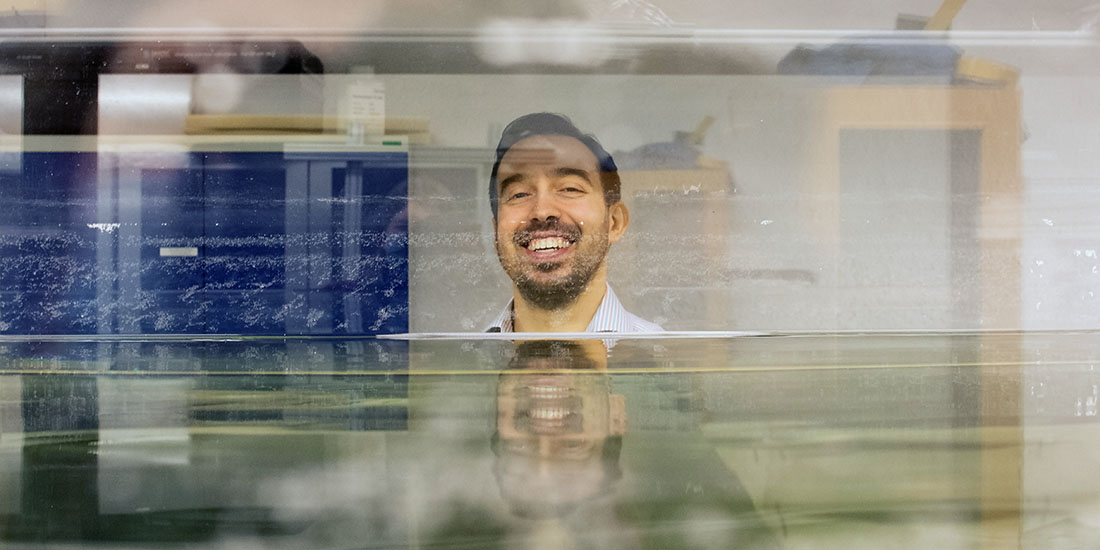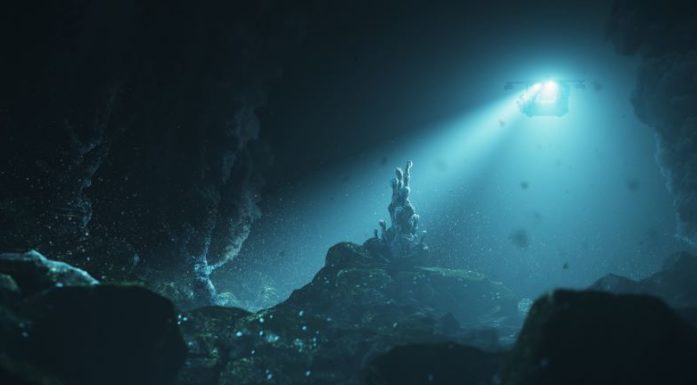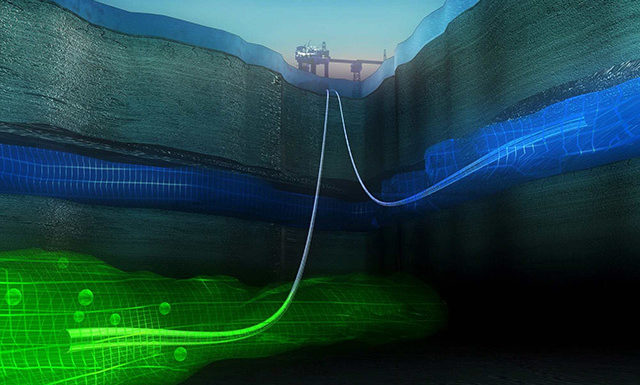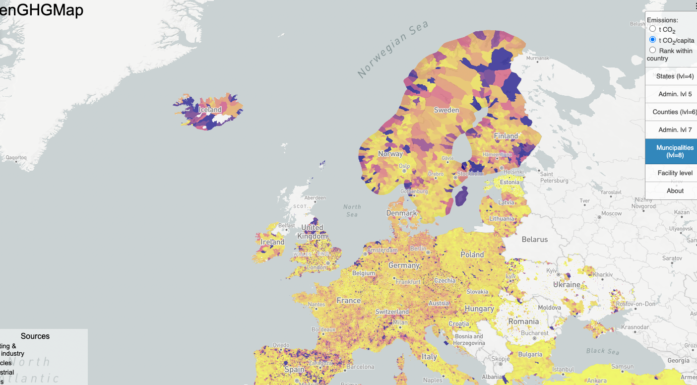ERC grant on CO2 uptake by the oceans
NTNU Associate Professor Jason Hearst has been awarded an ERC Starting Grant from the European Research Council (ERC). He will investigate how turbulence affects the ocean’s ability to absorb CO2.
Jason Hearst has been given support to investigate how the uptake of carbon dioxide (CO2) in the ocean is affected by turbulence both in the atmosphere and in the ocean.
“We know that turbulence affects the contact surface between liquid and gas, but because this is so complex, we do not know the mechanisms that control this process or how they are connected to carbon dioxide and oxygen,” says Hearst, who works at NTNU’s Department of Energy and Process Engineering.
• You might also like: Rapid action can help prevent the worst consequences of global warming
NTNU laboratory an important tool
The ocean has stored almost 50 per cent of all human-created CO2. How turbulence plays a role and contributes to the uptake of gas in the ocean is the subject of a research project called GLITR. Hearst is leading the project.
One of NTNU’s laboratories will be central to the research project. The water channel in the Fluid Dynamics Laboratory allows researchers to tailor experiments to recreate the intensity and other conditions of ocean turbulence.
The GLITR project will run for five years, and has a budget of 2.6 million Euros. Hearst has three PhD candidates and two postdocs in the project group.
Marius Korsnes, an NTNU researcher at the Department of Interdisciplinary Studies of Culture, was also awarded an ERC Starting Grant, to explore the concept of “sufficiency” in the field of urban, sustainable food in China.
More about ERC grants
The European Research Council (ERC) was established by the EU in 2007 and is the leading European funding organization for outstanding research. Every year, the ERC funds the very best, creative researchers to run projects based in Europe.
The ERC grants are awarded in different categories: Starting, Consolidator, Advanced and Synergy Grants.
To date, the ERC has funded over 9,500 top researchers and over 50,000 postdoctoral fellows, PhD candidates and other staff members who work in their research teams.
The ERC strives to attract top researchers from around the world to come to Europe.
The ERC is led by an independent governing body, the Scientific Council.
The ERC has been part of the Horizon 2020 programme and continues as part of the Horizon Europe framework programme.





